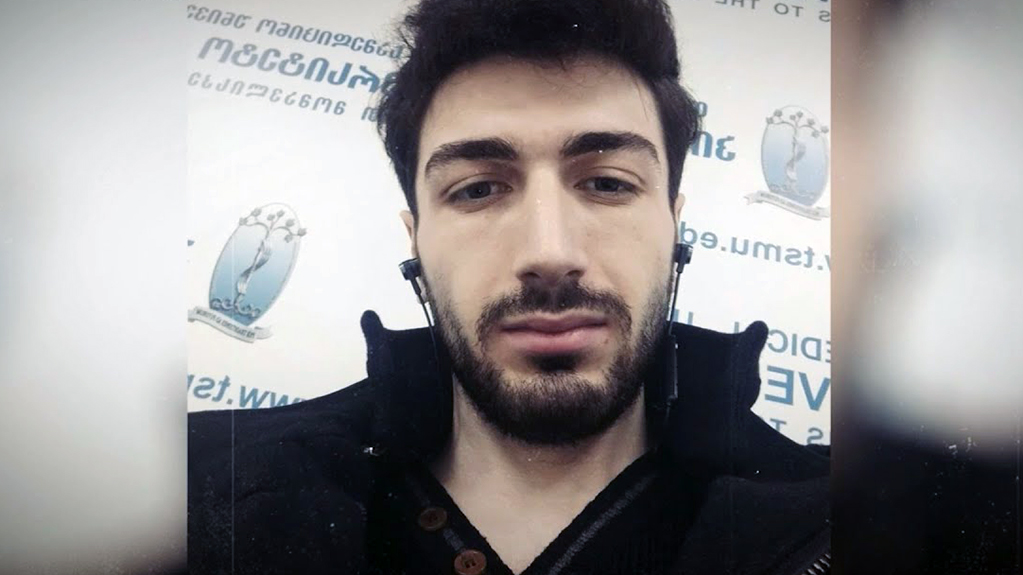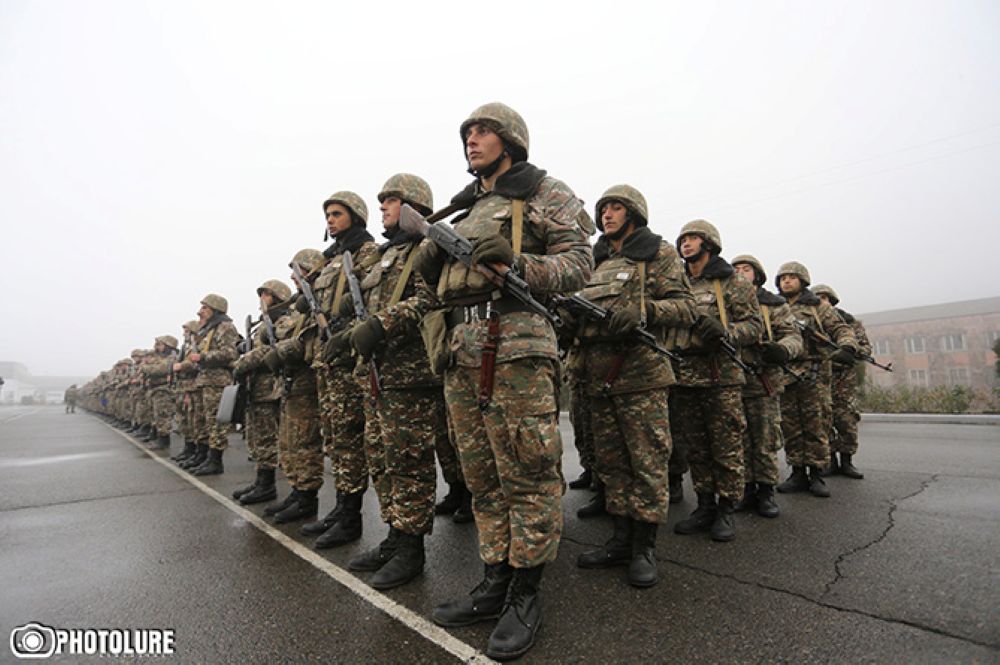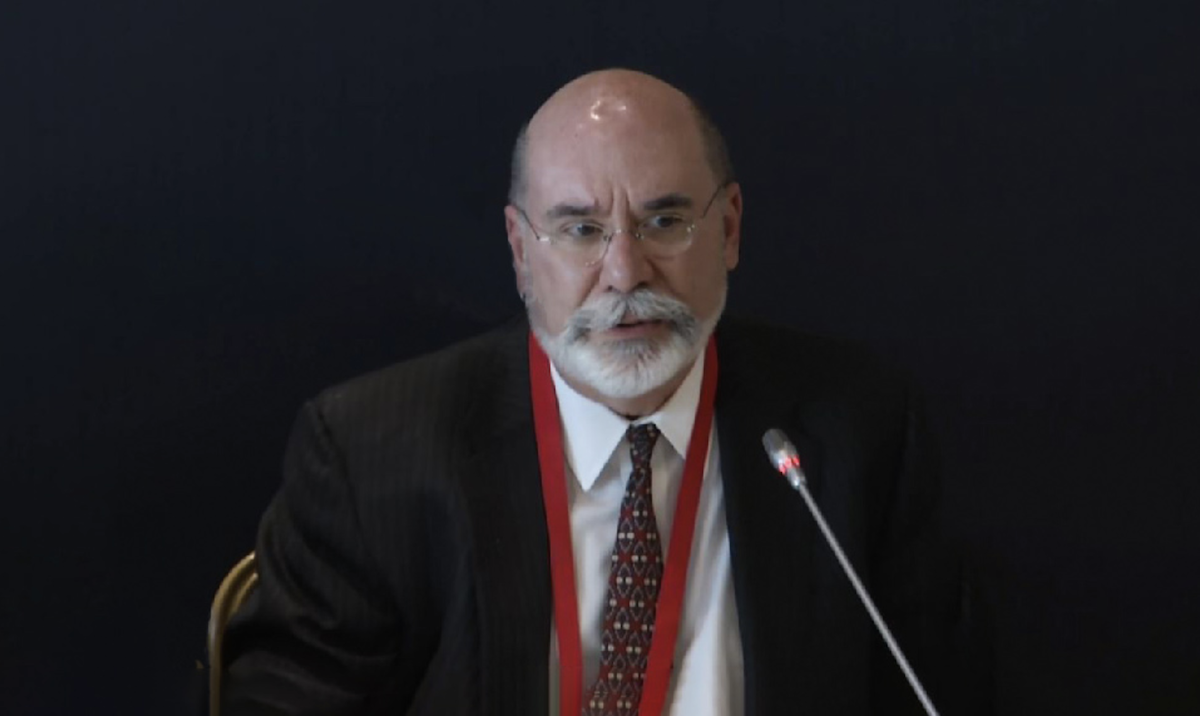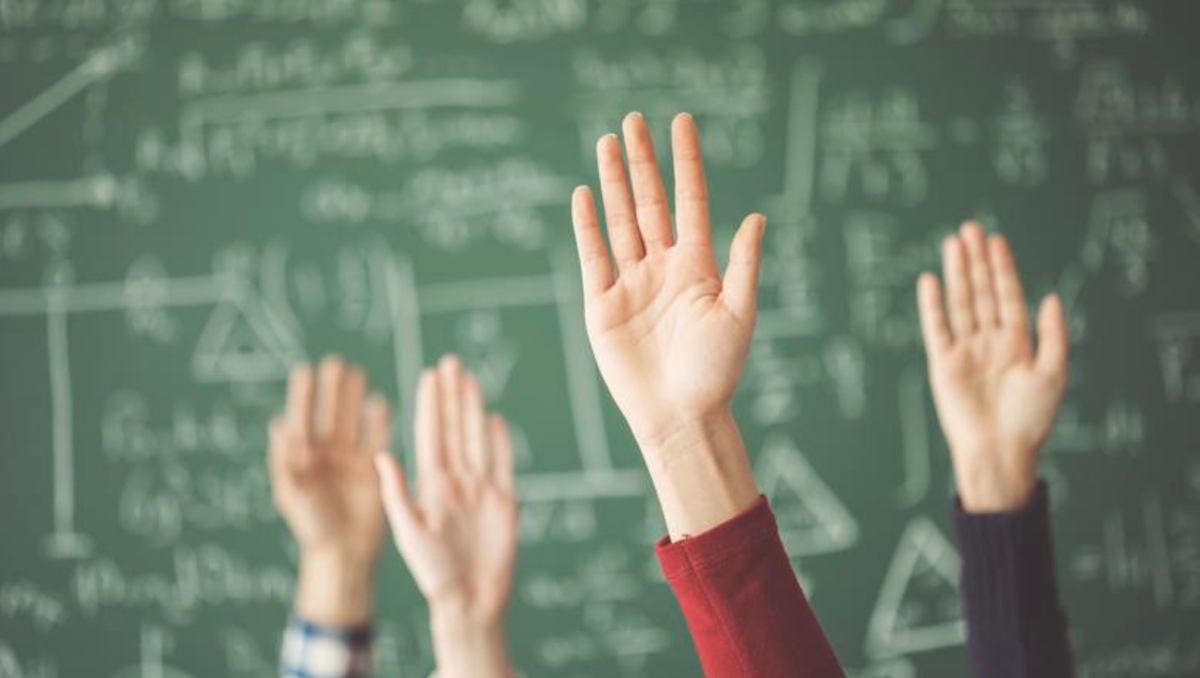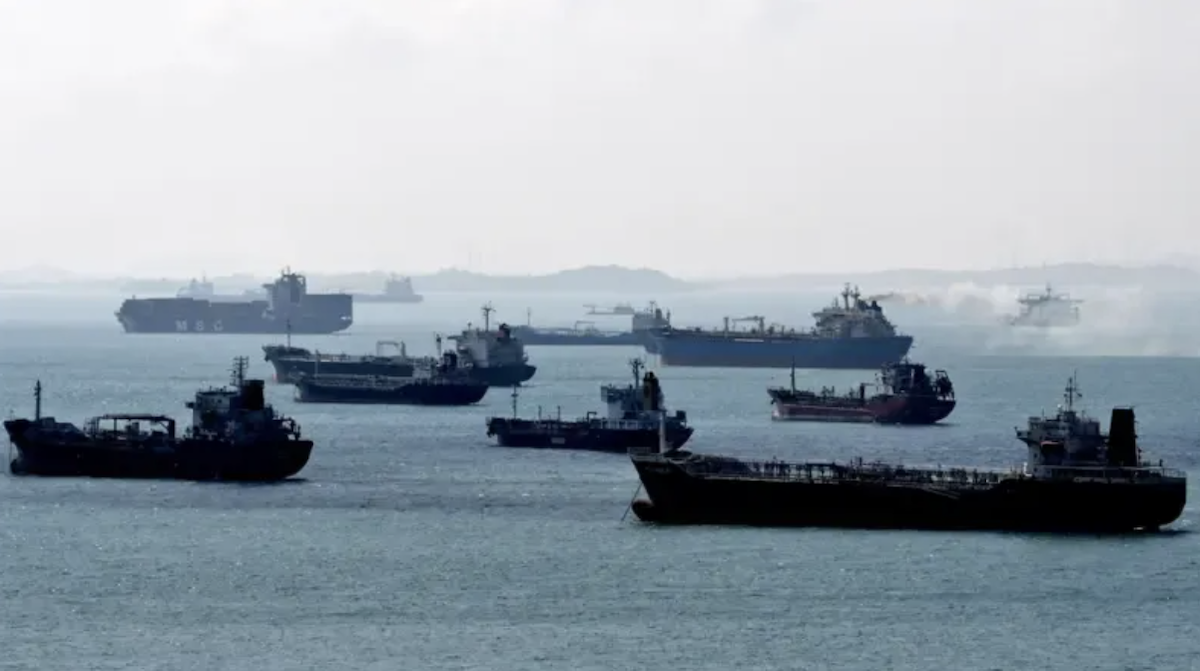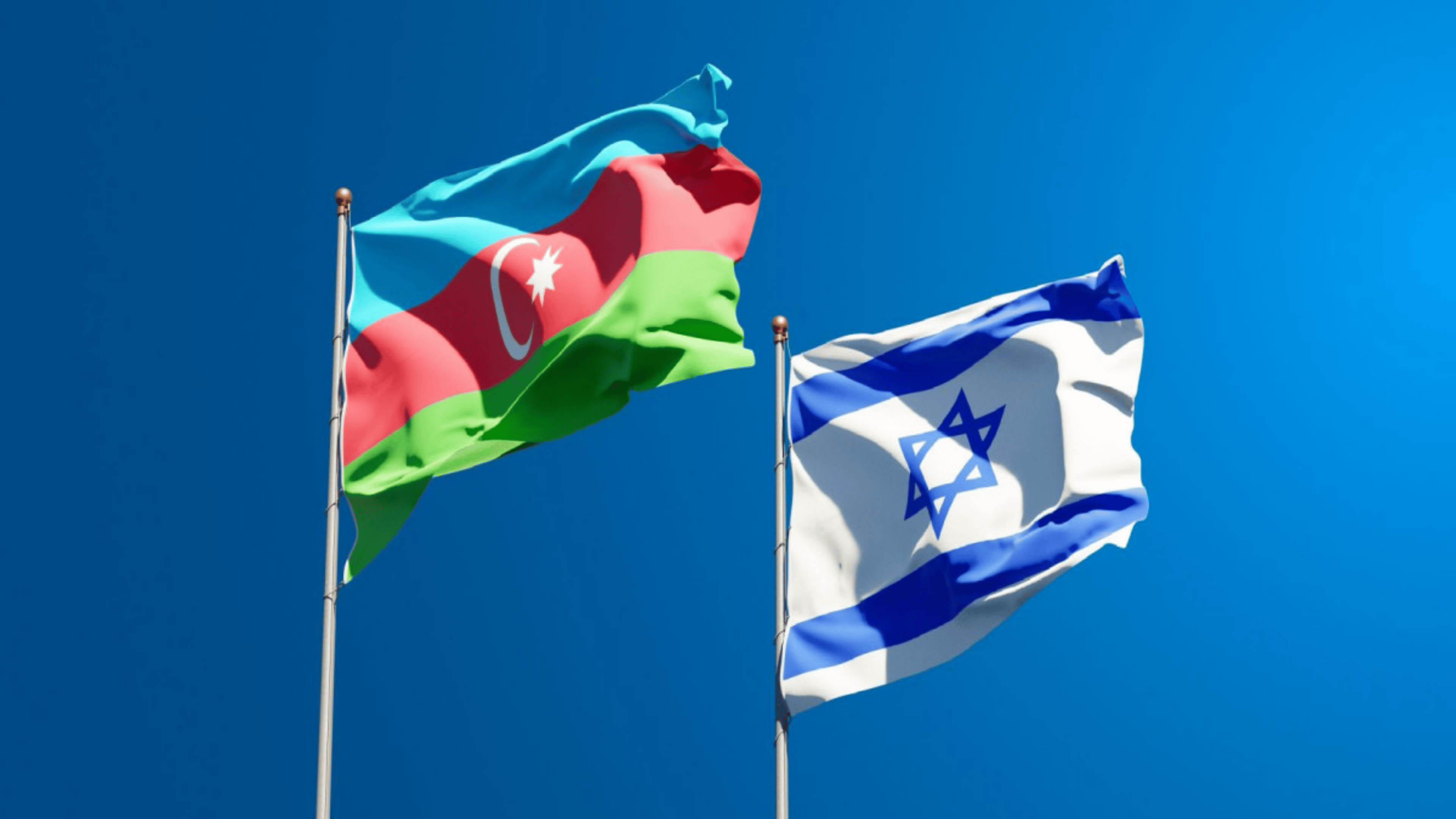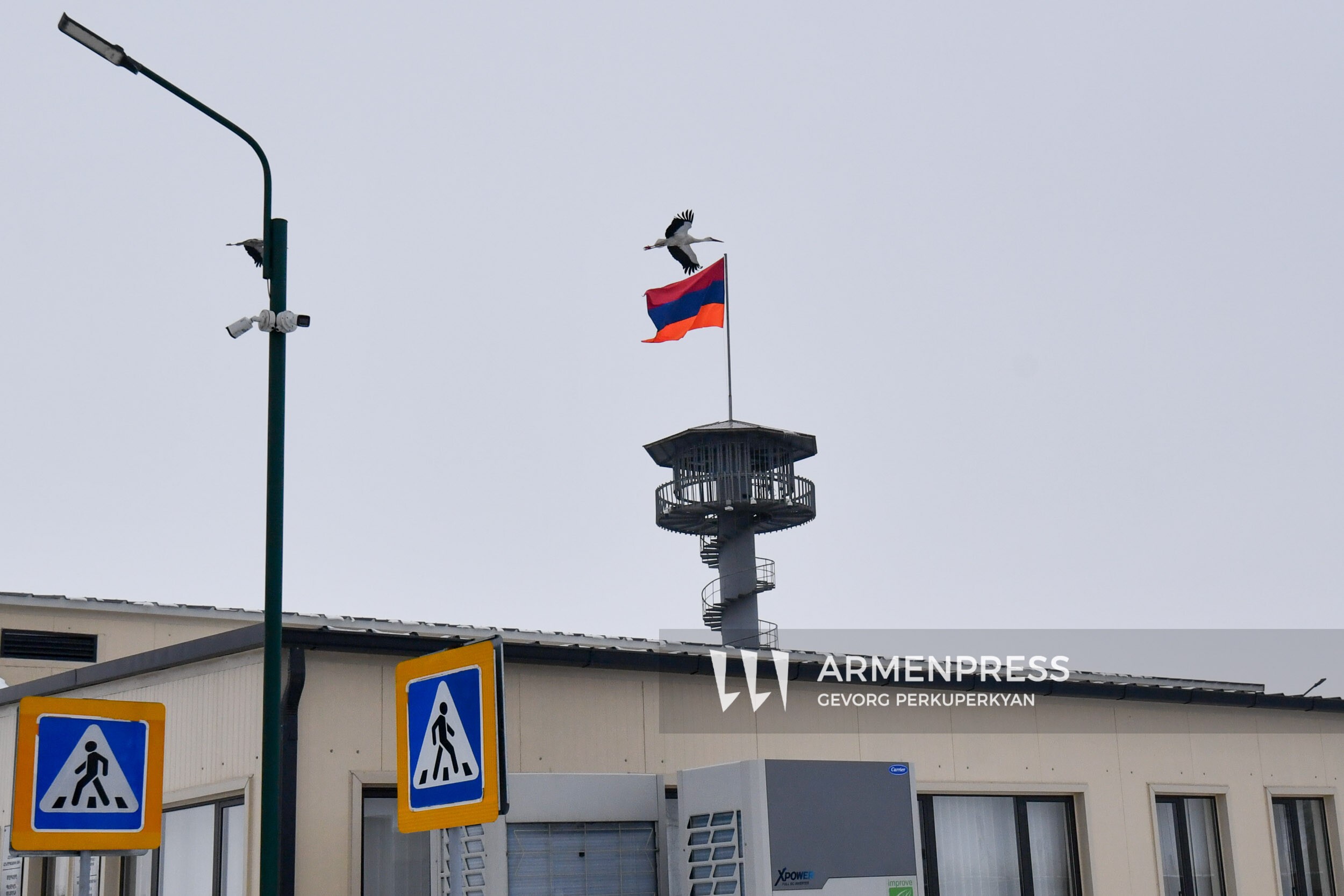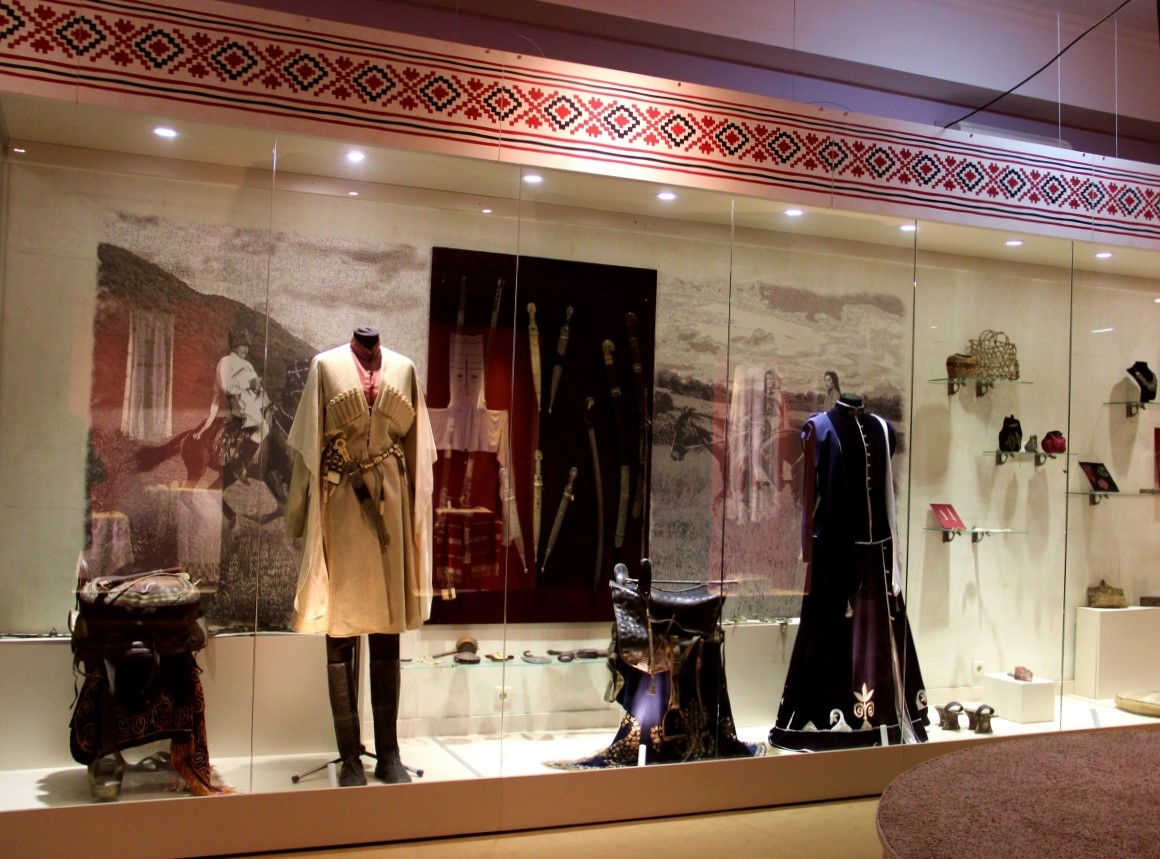Armenia: ex-president Kocharyan faces further charges – this time bribery
The Special Investigation Service of Armenia has brought new charges against the second president of Armenia, Robert Kocharyan, who now stands accused of taking a large bribe.
What is Kocharyan being accused of?
Businesswoman Silva Hambardzumyan is the focal point of the new charges.
Back in November of last year, she said ex-presidents of Armenia Robert Kocharyan and Serzh Sargsyan had earlier accepted a large bribe from her during Kocharyan’s presidency, with Serzh Sargsyan serving as prime minister at the time.
• Former president of Armenia placed under arrest again
• Former president of Armenia remanded for ‘overthrowing the constitutional order’
• Former Armenian President Robert Kocharyan returning to politics after arrest
• Former President Robert Kocharyan released from custody in Armenia
“I arranged a deal with some Arab [businessmen], and to ensure [my business wasn’t impeded upon], I payed both President of Armenia Robert Kocharyan and Prime Minister Serzh Sargsyan,” said Hambardzumyan at a press conference.
Hambardzumyan says the deal in question was the sale of 100% of the shares in a mining company to an Arab businessman for a sum of 40,000,000 dollars.
What do Kocharyan’s lawyers say?
Robert Kocharyan’s attorney Ruben Sahakyan told JAMnews that the ex-president denies the charges against him, and says the case is politically motivated:
“Kocharyan does not admit guilt because this [charge] is nonsense. We are working with amateurs, because they are fulfilling the political will of the country’s leadership. What is there to say? This has nothing to do with jurisprudence. The same applies to the case of Hambardzumyan.”
Sahakyan also announced that Silva Hambardzumyan’s case is being linked to the 1 March case. Kocharyan’s attorneys have already expressed their bewilderment at this:
“It is entirely unclear how this is related to the 1 March case, how such [charges can be brought] within the framework of one and the same case,” stated the ex-president’s attorney Aram Orbelyan.
The 1 March case and background of Kocharyan’s arrest
Kocharyan has been imprisoned since December 2008 as a result of the 1 March 2008 case: after the presidential elections of February 2008, protestors, who were supporters of the first president of Armenia, Levon Ter-Petrosyan, came out onto the street and demanded a recount of the election results. However, upon completion of the voting, the Central Election Commission declared Serzh Sargsyan the winner.
Military-grade weapons were used to disperse the demonstrations, resulting in the deaths of 10 people. Kocharyan was still the country’s president at the time. According to data from the Central Election Commission, Serzh Sargsyan had not yet assumed the position. Thus, Kocharyan now stands accused of brutally dispersing the demonstrations and ‘subverting the constitutional order.’
Investigations into the 1 March case did not proceed until Armenia’s Velvet Revolution. The new government, led by Nikol Pashinyan, immediately took up the case.
As a result, in July 2018, charges of subverting the constitutional order were brought against Robert Kocharyan in connection with the case around the events of 1 March 2008.
On 28 July he was arrested for the first time in connection with the 1 March case. However, two weeks later, he was released. The appeals court found the first-instance court’s decision regarding his arrest to be illegal. The basis for his release was the constitutional provision regarding Robert Kocharyan’s immunity as former president.
Then, on 15 November, the Court of Cassation redirected the case to the Armenian Court of Appeals for a new investigation.
On 7 December the Appeals Court delivered a verdict that the ex-president be arrested a second time.
Since then, the second president of Armenia has been in prison. The numerous motions and appeals from the ex-president’s lawyers have been unsuccessful.
Kocharyan does not admit to the allegations brought against him, and has stated that Armenia’s present government is trying to take revenge on him.
Why does Kocharyan consider his arrest to be a political frame-up?
Armenia’s current Prime Minister, Nikol Pashinyan, represented the interests of presidential candidate Levon Ter-Petrosyan in the 2008 presidential elections. He took an active part in the protests which began after the election results were announced. After the tragic events of 1 March, the opposition figure went underground for a year and four months due to accusations of ‘organizing a mass disturbance’.
On 1 July 2010, Pashinyan voluntarily turned himself in to the public prosecutor’s office, was arrested and sentenced to seven years. After a year and eleven months he received amnesty as part of Armenia’s twentieth anniversary celebrations. Human rights activists believe that the government was forced to do this after being pressured by international organizations.










